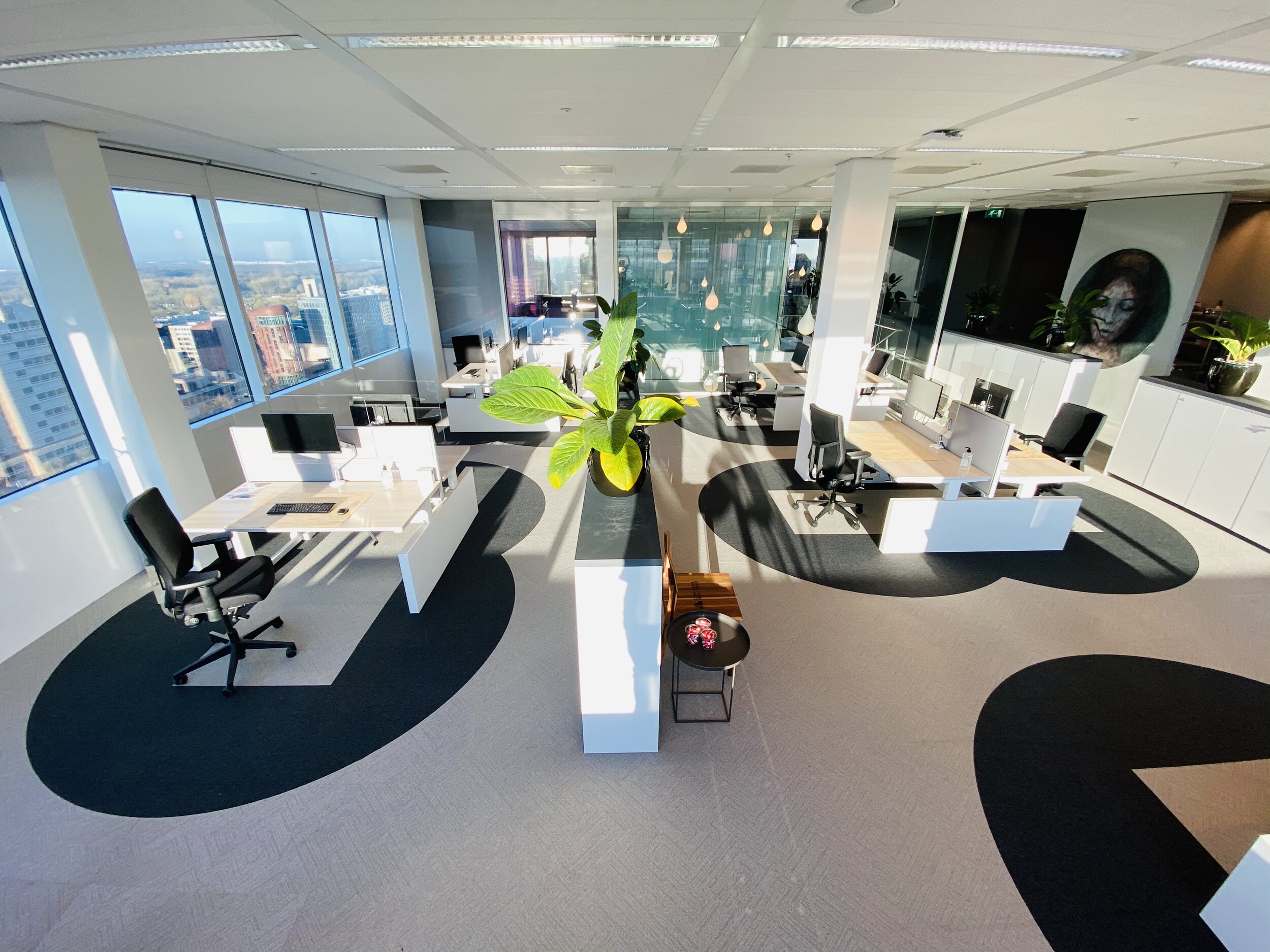Simple Pleasures
/
We’ve had a little bit going on, haven’t we? An intense focus on struggle and crisis can have a deep effect on one’s psyche. Just ask the street cop on a tough beat or a firefighter at a busy house that deals with the depths of human misery every day.
As I write this, I sit on my back deck overlooking a nice sunset, birds chirping and all apparently well in the world. Only it isn’t. There are people suffering from sickness and sweltering economic issues. Business are failing and sadness pervades our land like a morning fog rolling on and on.
But what are we to do? Worry and anxiety are destructive emotions that lead to nowhere. If you are reading this, then you are a leader and we have a responsibility to get our own heads and hearts straight. Then we can become helpful to those closest to us. And to those who will become close. Now is a time to make friends of former acquaintances and to draw in deeply to relationships.
As George Burns said once, “If you ask what is the single most important key to longevity, I would have to say it is avoiding worry, stress and tension. And if you didn’t ask me, I’d still have to say it.”
So, as a thought experiment I reversed “virus thinking” to focus on some simple pleasures that have arisen in my life from the world’s largest work at home experiment. Here are 14 things that came to mind right away:
1) No commute and the margin this provides
2) The efficiency of transition from meeting to meeting…clicks instead of steps or drives
3) A shared bond with fellow businesspeople who are also trying to figure this out
4) All the meaningful and sometimes unexpected conversations I’ve had with so many about life in 2020
5) Family dinners, every night
6) Deepening relationships with neighbors
7) Time to reflect on life and what we are all doing in it
8) New and meaningful time with my spouse
9) Talking with my children about really important things but also having some laughs
10) Watching small businesspeople in my community rally to the crisis
11) Watching neighbors in my community support small business
12) Seeing light at the end of the tunnel on beating this sickness
13) Admiring and thanking those in my network who are healthcare heroes
14) Looking forward to a new and better world after Covid-19 is defeated
When people ask you how you are doing, you can certainly speak your mind. It’s OK to be honest.
But give your soul a break as often as you can and recognize that there are many simple pleasures in life. You don’t have to have fancy vacations or big dinners out to be happy, after all. Karen Marie Moning said, “It's funny how, when things seem the darkest, moments of beauty present themselves in the most unexpected places.”
I hope you can take a break from the big bad world and focus on happy small things. Then smile.
Those in your life will appreciate it. And your psyche will as well.

















